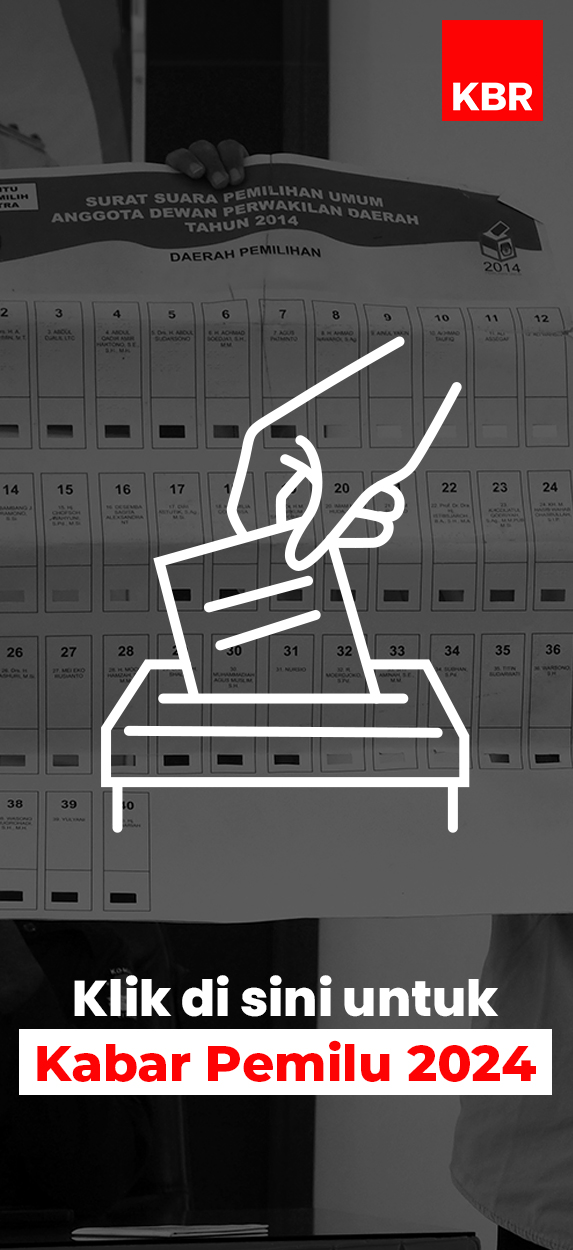It’s the second death penalty carried out in India in less than 3 months.
The Indian government executed Mohammad Afzal Guru, a Kashmiri Muslim convicted of the 2001 terrorist attack on the Indian Parliament.
In New Delhi’s Jantar Mantar square dozens of activists from the Hindu nationalist group, Shive Sena, are handing out sweets and setting off fire crackers.
They are celebrating the execution of Mohammad Afzal Guru.
Jai Bhagwan Goyal is the group’s leader.
“The entire nation is celebrating with joy the news that the person who attacked our Parliament, the greatest temple of our country, has been put to death. This is a real tribute to the 9 soldiers who lost their lives during the attack and will bring a sense of closure to the bereaved families. It will also send a strong message that anyone who harbours evil intentions against India will not be spared.”
Guru was sentenced to death by a special anti-terrorism court in New Delhi in 2002.
The Supreme Court upheld the decision and turned down Guru’s petition for a review.
Earlier this month, the President rejected the mercy plea filed by his wife.
Ravi Shankar Prasad, a spokesperson for the BJP, the main opposition party, says there’s a policy of zero tolerance for terrorism.
“The execution of Afzal Guru was part of a legal and judicial process which should have taken place much earlier. The attack on the Indian Parliament 12 years ago was an attack on India. If any of the terrorists had been able to enter inside Parliament with an AK-47 rifle, the lives of nearly all the top leaders of most political parties in the country would have been in danger; in fact many would have been killed. Such was the enormity of the attack. There has been a serious delay in taking the decision, but it’s finally done.”
But not all are convinced.
Amidst the celebrations in New Delhi, there are voices of protest condemning the hanging.
A group of protesters are shouting while holding placards which read “We are all Afzal Guru. How many of us would you kill?”
Kavita Krishnan is the Secretary of the All India Progressive Women’s Association.
“We really don’t know the truth. Court says ‘We know he is not the main conspirator, we know he is at best a pawn but we must hang him because the collective conscience of our society demands it’. I feel myself to be a part of the collective conscience of the society and my conscience cannot allow that a man who possibly may be innocent was hanged without the nation being informed, without his wife being told without his being able to meet his son. It is a day of great sadness that this could happen in a democratic country. We want the truth about the Parliament attack case to be known, today the truth has been buried, the truth has been hanged.”
Guru’s trial has been one of the most controversial in India.
Human rights activists, academics and legal experts have voiced serious concerns, arguing that he was not given a fair chance to defend himself.
Senior Supreme Court Advocate Sushil Kumar represented Guru in the Supreme Court.
“You look to the other man, who was hanged recently for Bombay attack. The state provided him a good lawyer at every stage right up to Supreme Court. You compare Afzal Guru’s case with that one, you will find everything lacking. In the Supreme Court he arranged from his own resources my services but right up to the High Court or in the trial court the record is so shabby. He never had a fair trial there. But once he was convicted by the trial court it got stamped, that’s all.”
Guru was informed of the government’s decision just a few hours ahead of his execution, while his family in Kashmir first heard the news from national television.
Fearing a backlash from Kashmiri groups, the government buried Guru’s body inside the grounds of Delhi’s Tihar Jail.
The entire Kashmir valley is now under strict curfew. But some protests have broken out and at least 4 people have been killed.
In the early 1980s the Kashmiri separatist leader Maqbool Bhat was also hanged in Tihar Jail.
The hanging is believed to have driven many young Kashmiris to take up arms.
Khurram Parvez, from the Jammu and Kashmir Coalition of Civil Society, fears that the response to Guru’s hanging could be even more violent.
“When they hanged Maqbool Bhat, they radicalised an entire generation of Kashmiris and militancy erupted, now it’s another generation they are pushing to the edge. They are not leaving them with any choice. The only alternative for them is more violence because there is no room for political dissent. The entire political space has been choked.
The separatists have already declared Guru a martyr and the demand to return his body to his family for burial in Kashmir has received wide support.







